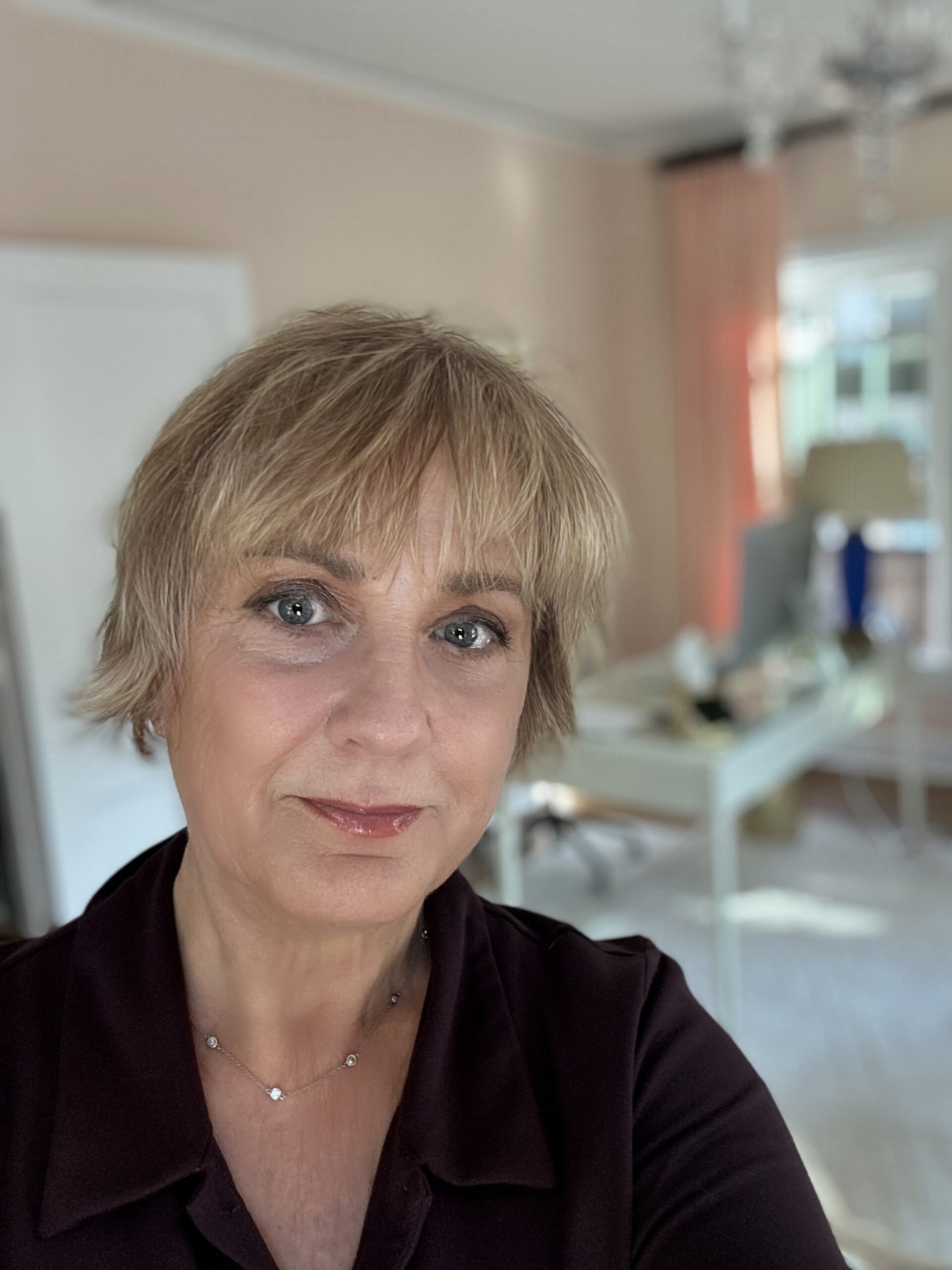Courtroom Proven Expert Witness
Retained by 200+ Law Firms
Trademark Infringement | Trade Dress Infringement | False Designation of Origin | False, Misleading and/or Fraudulent Advertising | Licensing | Defamation | Breach of Contract - Business Operations, Licensing, Sponsorship | Deceptive Trade Practices | Patent Infringement | Unauthorized Appropriation and Use of Likeness | Unfair Competition | Unlawful, Unfair, and Fraudulent Business Practices
2023: Ms. Harper served as Plaintiffs' marketing, advertising, and promotion expert witness.
Rhonda Harper, MBA
Providing Expert Witness Services Since 2005
 Over 35 Years of Experience:
Over 35 Years of Experience:
-Marketing Officer/VP Marketing, Walmart/Sam's Club
-Chief Marketing Officer/VP Marketing, VF Corporation/VF Intimates
-Global Director Marketing Communications, UPS
-Senior Vice President and General Manager, Ketchum Communications
-Marketing and Promotion Executive, Nabisco and Warner-Lambert
-Adjunct Marketing Professor, American University and Fairleigh Dickinson University
-Serial Entrepreneur
Rhonda Harper has conducted thousands of surveys, hundreds of them for litigation purposes. She has the expertise required regarding the methods and formats for likelihood of confusion, secondary meaning, dilution, famousness, and genericness surveys for both circuit courts and the Trademark Trial and Appeal Board.
Rhonda Harper uses state-of-the art survey designs, hosting platforms, sample selections, and analytics that are probative of the relevant issues in each case. Well versed in the primary treatises set forth by J. Thomas McCarthy, Robert Thornburg, Shari S. Diamond, and Jerre B. Swann, she provides solid scientific survey evidence that stands up in court.
Rhonda Harper has also successfully testified regarding likelihood of confusion and secondary meaning by addressing the factors relevant to the case's jurisdiction.
Rhonda Harper has been court-qualified to opine across a wide range of marketing topics (e.g., marketing, branding, advertising, promotion, public relations, product development, licensing, in-store merchandising, and communications) in cases involving class actions, breach of contract, unfair competition, trade practices, and consumer privacy.
Rhonda Harper has successfully rebutted nearly 100 expert reports, including surveys and marketing reports. She also provides guidance on how to approach the opposing expert's testimony.
Rhonda Harper has provided testimony more than 100 times. She has been court-qualified in virtually every Federal Circuit Court, along with many State Courts, the Trademark Trial and Appeal Board, and in arbitrations through both AAA and JAMS. Sh is skilled at testifying in both jury and bench trials.
I very strongly recommend Ms. Harper from Harper Litigation Consulting and Research. She is great to work with and her work product is absolutely top-shelf. Partner, Greenberg & Traurig
I would characterize Ms. Harper's courtroom testimony as one of the best I’ve seen in doing this 34 years. Very well prepared, unwavering in the face of cross-examination, and very persuasive to the jury. Very well done. Partner, Matthews, Lawson, McCutcheon & Joseph
(Bold = Repeat Clients) (CAPS=LARGEST 100 LAW FIRMS USA}
